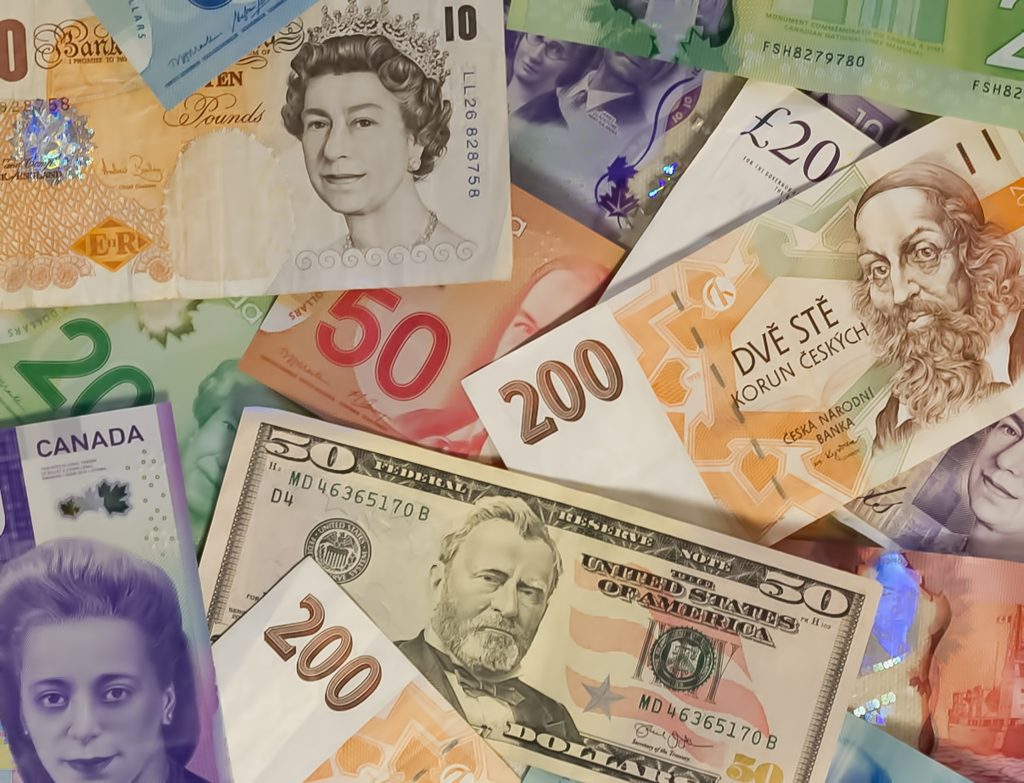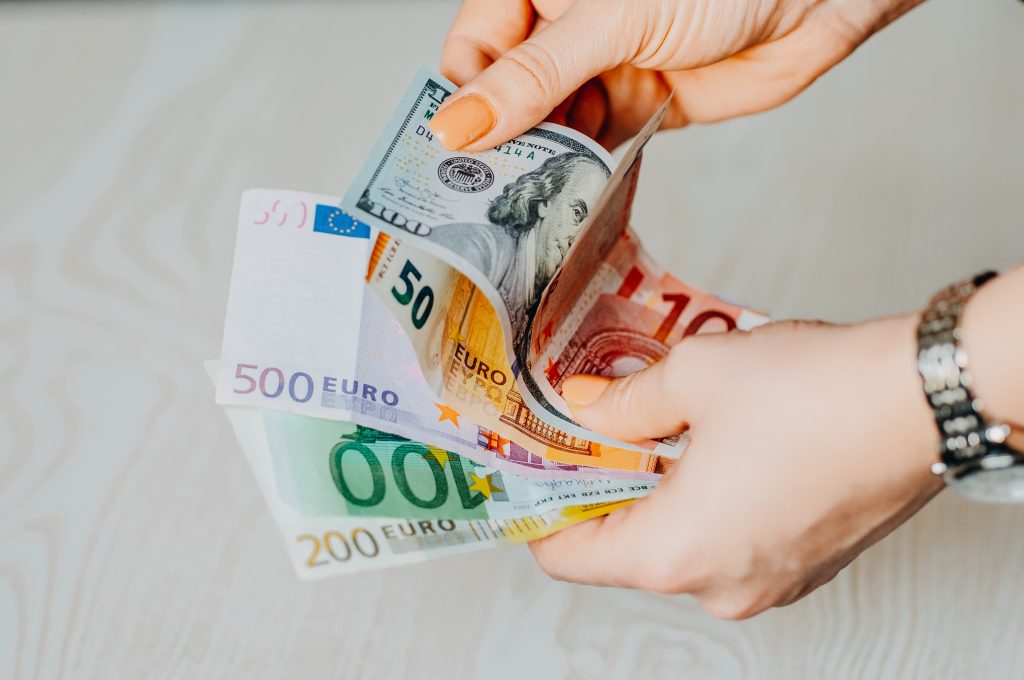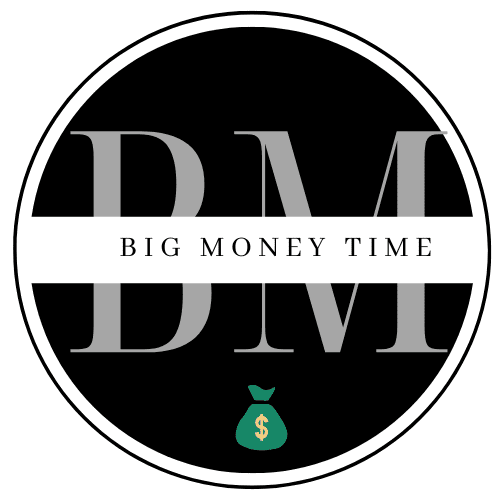Exchange Rates: What Are They And How Do They Work?
Exchange rates are among the most important levels of the global economy. If you travel abroad, you need to swap your currency for another to spend it there. You would also need to deal with exchange rates if you’re trying to send money to someone abroad – or make an international payment.

There is also the constant obsession with exchange rates in business media. Traders in the forex market are obsessed with these metrics, too, tracking the changes in the values of currencies with each other. But what exactly are these exchange rates, and how do they work?
As you know, different countries across the world have their own currencies. And, save for a few currencies, many of these legal tenders won’t be accepted outside of their countries borders. This act of exchanging money is where exchange rates come in. They essentially measure the value of one currency relative to another.
Over the past few decades, there has been a noticeable shift in the values of currencies across the board. The U.S. dollar gained a massive stronghold on global finance following World War II, thanks to its perceived peg against gold and the strength of the American economy.
However, after the US government moved away from the gold standard in 1971, this ushered in a new wave in the currency market where only market forces determined the value of a currency – not the value of gold or any other precious metal.

The dollar still dominates global trade today, thanks in no small part to the American economy and its influence across the world. Of course, several other major currencies have also risen.
Generally, currency values are determined by two systems – the floating exchange rate and the fixed exchange rate. In the floating system, currency values are determined by market forces alone. A currency’s value is determined by demand and supply, which in turn are influenced by the economic strength of the country itself.
However, in the fixed system, a currency’s value is set by a country’s central bank. The rate is pegged to another currency – usually the dollar – and won’t fluctuate day to day.
